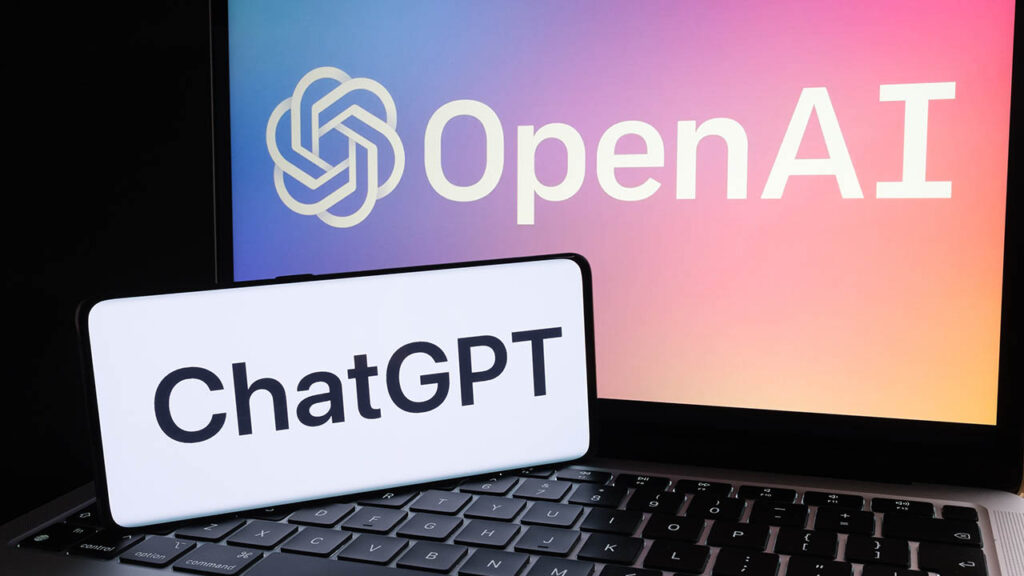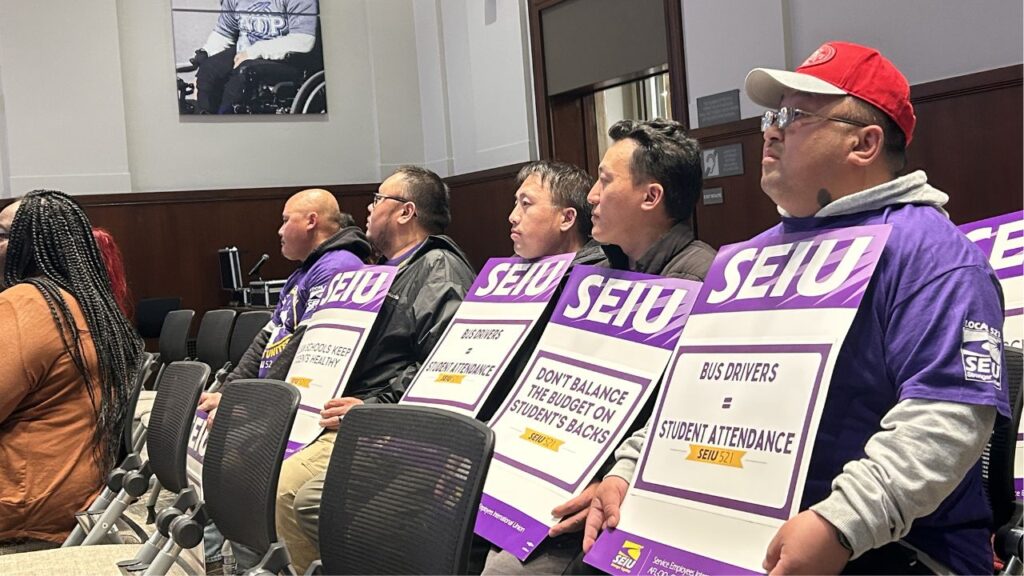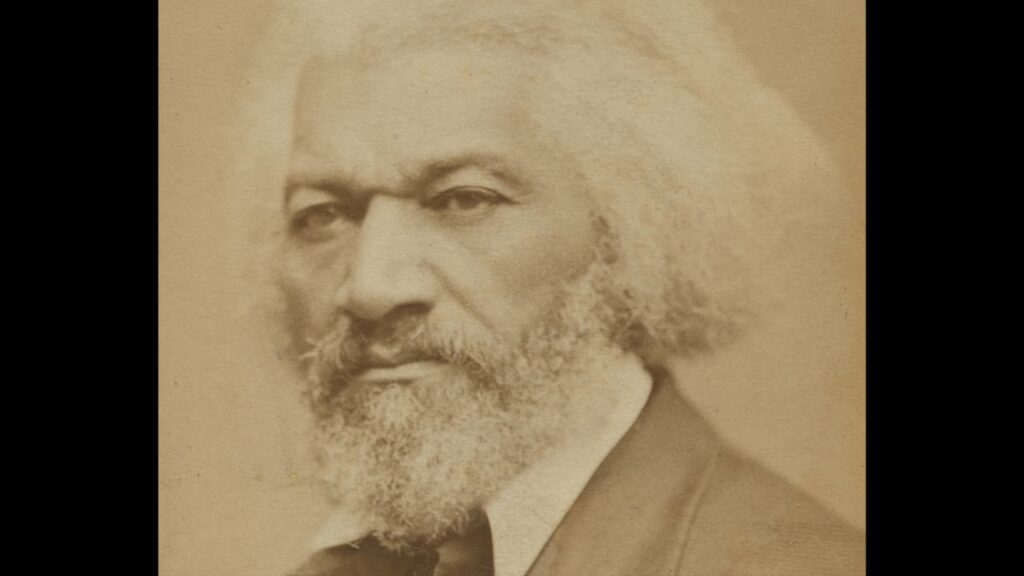Share
California education finances are an unholy mess — with incomprehensible budget formulas, equity funding that doesn’t produce equity, and cuts to schools even during the current economic expansion. And our state’s so-called education leaders refuse to fix the system.
We should let the kids fix it instead.

Opinion
Joe Mathews
Sounds radical, but it’s not a new idea. Students already make financial decisions in schools in San Jose, Sacramento, Phoenix and Chicago — often about school-site capital spending—as part of a popular process called participatory budgeting. In New York, Mayor Bill De Blasio recently said he’d give students in all his city’s public high schools these budgeting powers.
Typically, students in these processes spend less than $100,000 (though Paris, France allows its students to allocate $10 million). But given California’s problems, we should expand participatory budgeting for bigger budgets at the district and statewide level.
Adults Have Shown They’re Terrible at School Budgeting
You might think that decisions about the $80 billion that California spends annually on schools should be made exclusively by adults.
Except that we’ve already let the adults do it, and it would be impossible for the kids to do any worse. Indeed, the grownups — the governor, legislators, teachers’ unions — supposedly in charge of school funding don’t really understand how the funding system works. It’s that complicated.
The logical place for the kids to start making decisions involves the latest faulty adult attempt to fix education funding: 2013’s Local Control Funding Formula, or LCFF.
LCFF was supposed to bring democracy, equity, and simplification to school funding. It replaced existing spending categories with a new formula to direct more money to poorer school districts. This LCFF system also required local school districts to work with teachers, parents, and students to set goals and make plans — called Local Control and Accountability Plans, or LCAPs — for spending the money. Gov. Jerry Brown has touted this as a democratic advance.
Local Control Formula Funding Isn’t Truly Local
But, in practice, it’s not democratic. The Local Control and Accountability Plans aren’t local, don’t provide control or accountability, and aren’t even plans. Instead of setting their own goals, communities must answer complicated questions posed by the state, creating bureaucratic documents that are often hundreds of pages long. Asking someone to read one should be prohibited under the Geneva Convention.
This uncertainty doesn’t seem to bother state officials. Gov. Brown has said no one should expect achievement gaps with disadvantaged students to be closed: “The gap has been pretty persistent, so I don’t want to set up what hasn’t been done ever as the test of whether the LCFF is a success or failure.”
Grownups Already Have Surrendered
In other words, the grownups have surrendered. We should turn to students to fill the void. The most proven and democratic method would be participatory budgeting.

Participatory budgeting is taking place at schools in Sacramento and San Jose.
Scaling such processes up in order to budget LCFF money would be challenging, but doable. Students in each school district could elect their fellow students to committees that would decide how best to spend the money. The plans made by those student committees then would go back to the student voters for approval.
This would be more than just a real civics class for California kids. It would provide a dose of democracy — and authentic local control — for an ineffective system dominated by a few adult interests in Sacramento.
Let’s Get Rid of Proposition 98
Student control of school budgets shouldn’t stop at LCFF. I’d love to see today’s students replace the misbegotten constitutional formula at the heart of California school funding — Proposition 98. Voters approved it in 1988, well before today’s public school students were born.
Prop. 98’s funding guarantee has kept school funding below the national average for a generation. Surely California’s students can design something better.
About the Author
Joe Mathews writes the Connecting California column for Zócalo Public Square.
Categories

Taylor Swift Asks US Government to Block ‘Swift Home’ Trademark

Is ChatGPT Down Again? Here Is What We Know

















